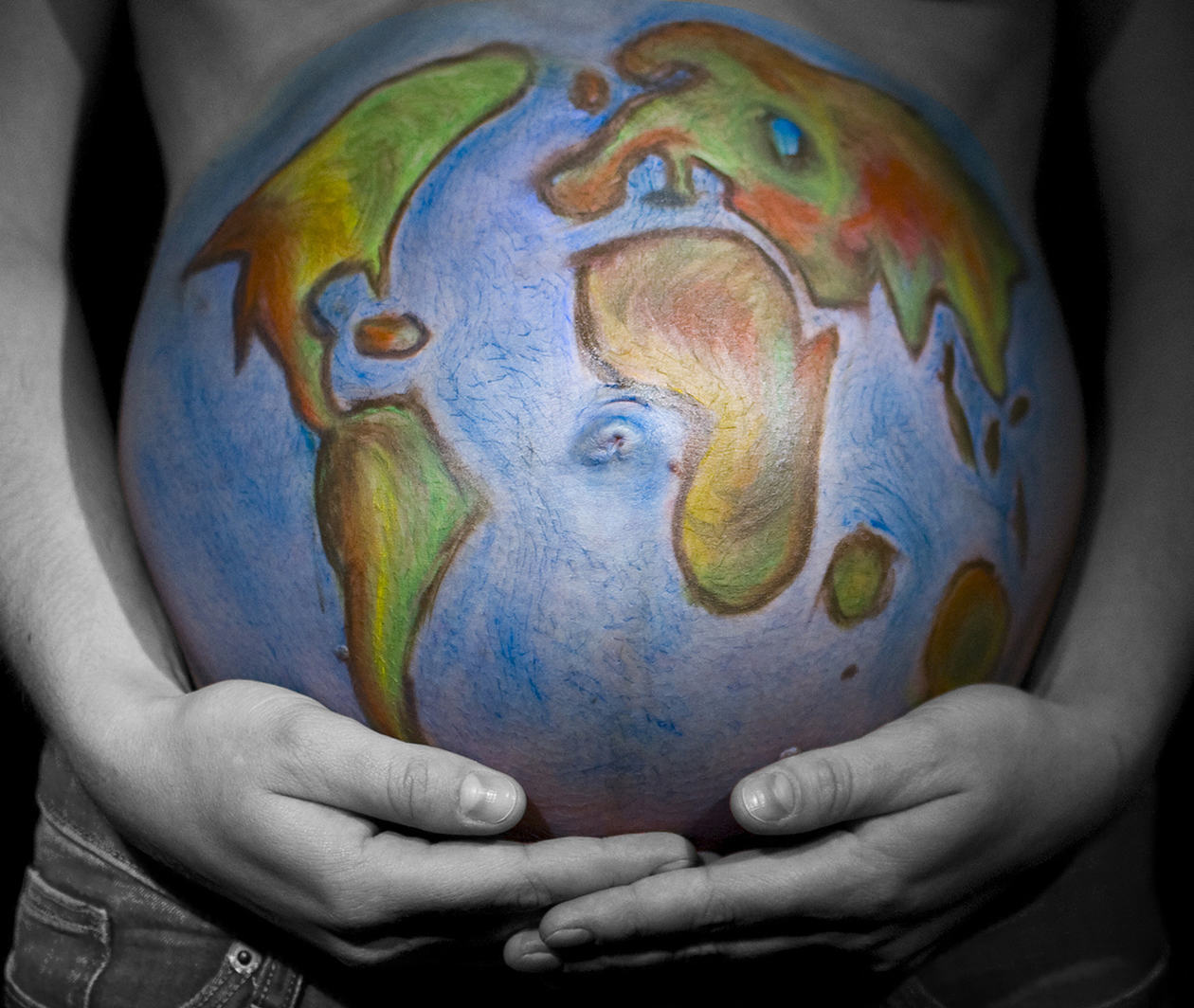
Duration
4 weeksWeekly study
3 hours
The Lottery of Birth
Other courses you might like
This course isn't running right now. We can email you when it starts again, or check out these other courses you might like.
Browse more in Politics & Society
Explore the inequalities between rich and poor, female and male
This online course will look at the big picture of the lottery of birth and the smaller, human stories. You will examine key inequalities, such as being born rich or poor, female or male.
You will consider how individual countries and global organisations are responding to demographic changes and predictions, and how this plays out in the lives of individual women and men in different parts of the world.
The course draws on demography, health studies, sociology, comparative social policy, history, political science and economics, to bring new perspectives and fresh insights.
What topics will you cover?
Where and when you are born will influence your chances in life Inequality is predetermined by the situation into which we are born The decisions made by women and men around the world about children, contraception and abortion Countries can adopt either a ‘pro-natalist’ or an ‘anti-natalist’ approach Safe birth is endlessly challenged by political, demographic and economic upheavals The challenge of inequality is one of the biggest issues of our time Changes that could be made and what effect this would have Developments affecting the lottery of birth in your own country
Learning on this course
On every step of the course you can meet other learners, share your ideas and join in with active discussions in the comments.
What will you achieve?
By the end of the course, you‘ll be able to...
- Discuss inequality and engage with data, arguments and ideas that are circulating at the moment
- Describe how inequality relates to income and wealth, health and education on a national and international scale
- Compare the choices faced by individuals and the challenges this creates for countries.
- Summarise the politics, ideas and history that have shaped the lottery of birth in the past and in the present
- Assess how parental choices are made by individuals within the wider political, social and cultural contexts that shape their lives
- Evaluate what is being done worldwide to address birth inequalities
- Reflect on some of the challenges that women and girls face all over the world simply because they were born female
- Demonstrate your understanding about the causes and consequences of inequalities, and the lottery of birth
Who is the course for?
The course does not assume any prior knowledge of the issues surrounding birth or inequalities. It is post-graduate level and encourages personal research and data interpretation.
Please note that this course includes some content of a sensitive nature, including discussions around abortion and female genital mutilation (FGM).
Who will you learn with?
Dr Pam Foley is a Senior Lecturer in the Faculty of Wellbeing, Education and Language Studies at The Open University.
Dr Manik Gopinath is a Lecturer in the Faculty of Wellbeing, Education and Language Studies at The Open University
Who developed the course?
Established
1969Location
Milton Keynes, UKWorld ranking
Top 510Source: Times Higher Education World University Rankings 2020
Learning on FutureLearn
Your learning, your rules
- Courses are split into weeks, activities, and steps to help you keep track of your learning
- Learn through a mix of bite-sized videos, long- and short-form articles, audio, and practical activities
- Stay motivated by using the Progress page to keep track of your step completion and assessment scores
Join a global classroom
- Experience the power of social learning, and get inspired by an international network of learners
- Share ideas with your peers and course educators on every step of the course
- Join the conversation by reading, @ing, liking, bookmarking, and replying to comments from others
Map your progress
- As you work through the course, use notifications and the Progress page to guide your learning
- Whenever you’re ready, mark each step as complete, you’re in control
- Complete 90% of course steps and all of the assessments to earn your certificate
Want to know more about learning on FutureLearn? Using FutureLearn
Do you know someone who'd love this course? Tell them about it...
You can use the hashtag #FLbirth to talk about this course on social media.
